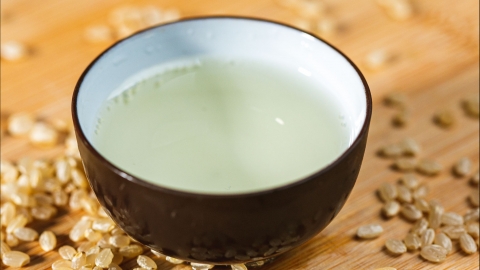What are the risks of homemade rice wine?
Homemade sweet rice wine generally poses risks such as alcohol poisoning, contamination during fermentation, excessive methanol content, liver damage from excessive consumption, and spoilage due to improper storage. If any abnormalities occur, prompt medical attention is recommended. Detailed explanations are as follows:

1. Risk of alcohol poisoning: The alcohol concentration of homemade sweet rice wine is difficult to control precisely. Excessive consumption may lead to alcohol poisoning, causing symptoms such as dizziness, vomiting, and even confusion.
2. Contamination during fermentation: Home production environments are generally not as strictly controlled as professional facilities. Contamination by miscellaneous bacteria may occur during fermentation, causing spoilage or the production of harmful substances.
3. Excessive methanol content: Due to inadequate fermentation conditions, homemade sweet rice wine may contain excessive methanol. Long-term methanol consumption can damage the optic nerve and may even lead to blindness in severe cases.
4. Liver damage from excessive consumption: Although sweet rice wine has a sweet taste, it still contains alcohol. Long-term or excessive consumption may increase the burden on the liver, raising the risk of fatty liver disease or cirrhosis.
5. Spoilage due to improper storage: Homemade sweet rice wine lacks professional sterilization and sealing techniques. Improper storage may lead to bacterial or mold growth, potentially causing gastrointestinal discomfort after consumption.
Homemade sweet rice wine should be handled with caution to ensure hygiene and proper production practices, avoiding health problems caused by improper preparation or consumption. Special populations, such as pregnant women or individuals with liver disease, should avoid consuming it.









